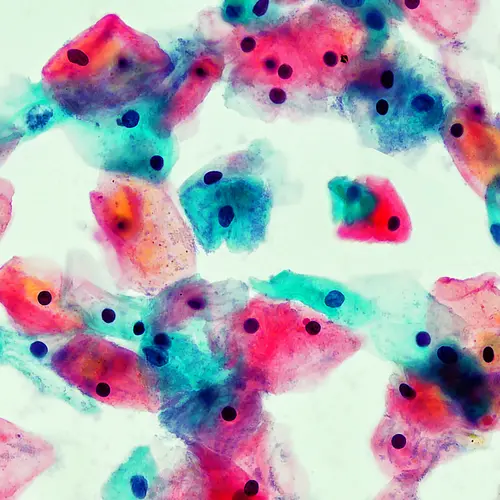Now that you've gotten your diagnosis of liposarcoma, a type of cancer that starts in fat cells, it's time to learn how to best manage your doctor's visits and deal with treatment side effects.
Get Ready for Appointments
It's important to keep in close contact with your doctor, especially as you're going through treatment. Preparing ahead of time can help your appointments go smoothly.
Try these tips:
Check about any special prep. Ask the office staff if you need to do anything before you come, like fast or be ready for a urine test.
Track your symptoms. Write down any problems you've been having so you won't struggle to remember them when you're talking to your doctor.
Monitor your stress levels. Take note of any life changes that could affect your well-being or add stress to your system.
Keep a medicine list. Write down all the medications, vitamins, or supplements you take and bring it with you to the appointment.
Bring a friend. Ask someone to come with you to the appointment to take notes and remember what the doctor says.
Make a list of questions. Don't rely on your memory. Write down everything you want to ask your doctor about your disease or treatment and take the list with you to the doctor's office.
Treatment Side Effects
The side effects you get depend on the type of treatment you have. Surgery is the most common way to treat liposarcoma, but you may need to combine it with radiation or chemotherapy.
All surgery has risks. Some of the complications you could have are:
- Reaction to anesthesia
- Pain
- Bleeding
- Blood clots in your legs or lungs
- Damage to organs close to area of your surgery
- Infection
- Swelling of your arm or leg
Many side effects will go away with time as you heal. How long it takes you to recover depends on the type of liposarcoma surgery you have. Your doctor may prescribe medicine to help you manage pain.
If you get radiation therapy, your side effects depend on where the radiation gets focused. You might notice problems like:
- Redness, blistering, or peeling at the area of the radiation
- Fatigue
- Nausea and vomiting (from radiation to the torso)
- Diarrhea (from radiation to the belly or pelvis)
- Pain when you swallow (from radiation to your head, neck, or chest)
- Trouble breathing and lung damage (from radiation to the chest)
- Hair loss, headaches, confusion (from radiation to the brain)
- Swelling or pain in your limbs (from radiation to arms or legs)
You may also get bone weakness, which can lead to a greater chance of a broken bone. If you have radiation before surgery, it may keep your surgery site from healing as quickly as it would normally.
Most radiation side effects go away after treatment stops, aside from longer-term effects like lung damage and bone weakness. Talk to your doctor about ways to manage any problems you have.
If you get chemotherapy, you may get side effects such as:
- Nausea and vomiting
- Loss of appetite
- Hair loss
- Mouth sores
- Fatigue
Most side effects from chemotherapy go away after you stop treatment. Talk to your doctor about any problems that bother you. They may be able to prescribe medicine to manage nausea and other symptoms.
Your chemotherapy may also lead to low blood counts, which raises your chances of infection, bruising, and weakness.
Possible Complications
Liposarcoma can become life-threatening if you don't treat it. The cancer can sometimes spread to other parts of your body.
Sometimes cancer can return. After you finish your treatment, it's important to see your doctor for regular checkups. You'll get tests to see if liposarcoma has come back. If you feel any new lumps under your skin or in other places on your body, tell your doctor right away.

